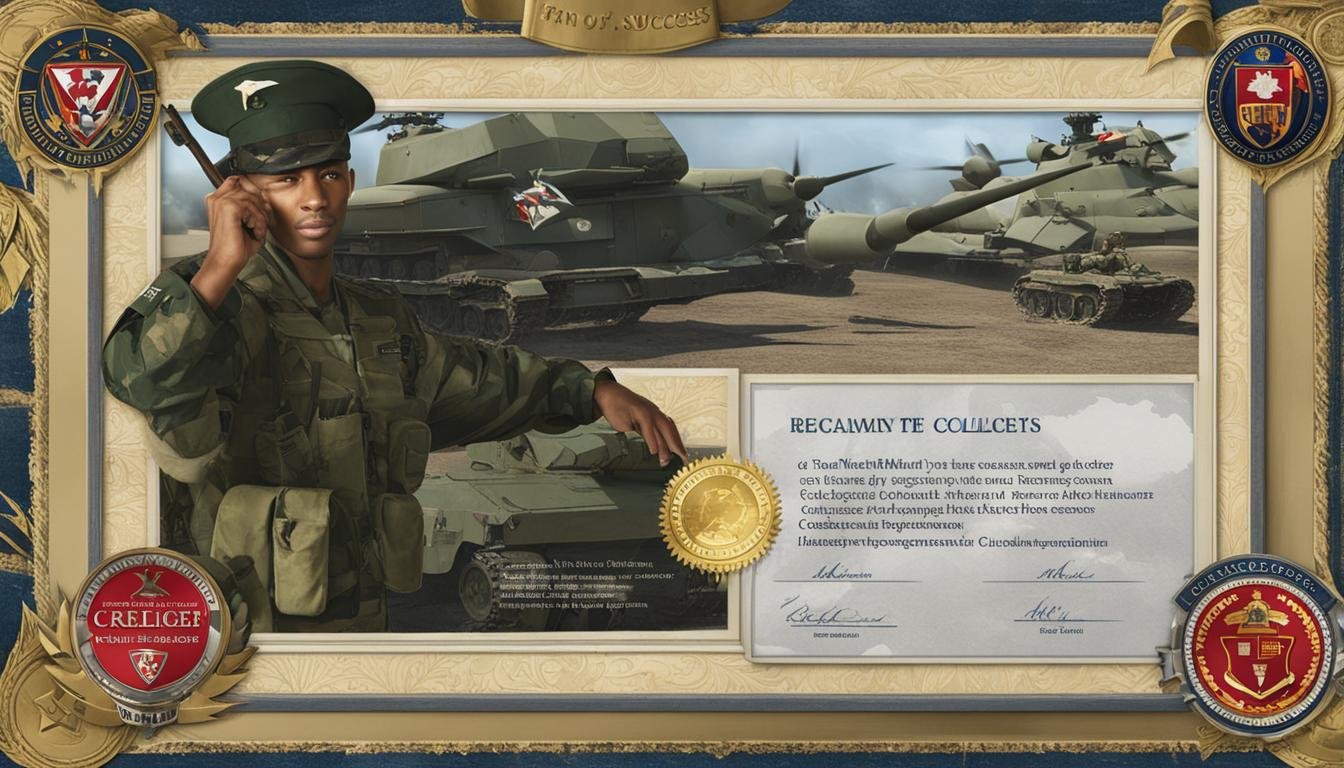Military students have unique opportunities when it comes to transferring their military experience into college credits. This not only accelerates their degree completion but also makes it more cost-effective. However, the process of transferring credits can vary from university to university, requiring military students to carefully evaluate their options.
Military transcripts are available for every branch of the service, and some universities have already established credit equivalencies for specific trainings. However, in many cases, military students will need to work with their chosen universities to translate their service training into college equivalents. Creating a portfolio of military experience and acquiring professional certificates can also help in earning transfer credits. Additionally, military students can take advantage of various exams, such as CLEP, DANTES, and AP, to “test out” of certain requirements and receive credit.
When considering transfer policies, military students should research and evaluate different universities’ approaches to credit transferability, financial assistance options, and overall support for military students. By finding a university with favorable transfer policies, military students can maximize their prior experience and accelerate their path to degree completion.
Key Takeaways:
- Transferring military experience into college credits can save time and money for military students.
- Universities may have established credit equivalencies for specific military trainings.
- Military students may need to work with their chosen universities to translate their service training into college equivalents.
- Creating a portfolio and acquiring professional certificates can help earn transfer credits.
- Exams like CLEP, DANTES, and AP can be used to “test out” of certain requirements and receive credit.
Evaluating University Transfer Policies for Military Students
When it comes to transferring to a new university as a military student, it’s important to thoroughly evaluate the transfer policies in place. Understanding the requirements and guidelines can help streamline the transfer process and ensure a smooth transition to your new educational institution.
One crucial aspect to consider is how the university accepts military credits and translates military training into college equivalents. Some universities have dedicated military specialists who can assist with this process, while others may require the development of a portfolio to showcase your relevant skills and competencies.
It’s also essential to research the specific credits and exemptions that can be earned through professional certifications and exams such as CLEP, DANTES, and AP. These exams offer military students the opportunity to “test out” of certain requirements and receive credit, saving both time and money.
“Understanding the transfer requirements and guidelines is crucial to ensure a smooth transition to a new educational institution.”
Flexibility and support are also key factors to consider when evaluating transfer policies. As a military student, you may face unique challenges, such as deployments or the need to change schedules. Look for universities that offer the flexibility to accommodate these situations and provide support services tailored to military students.
Sample Table: Transfer Policies Comparison
| University | Acceptance of Military Credits | Process for Translating Military Training | Flexibility and Support |
|---|---|---|---|
| University A | Accepts military credits with no additional requirements | Works with military specialists to translate training | Offers flexible scheduling options and designated resources for military students |
| University B | Requires portfolio submission for credit evaluation | Employs a team of advisors to assess military training | Provides counseling services and veteran support groups |
| University C | Accepts professional certifications for credit | Offers credit-by-examination options for military students | Allows for leaves of absence during deployments |
By thoroughly evaluating university transfer policies for military students, you can ensure that you choose an institution that aligns with your needs and offers the necessary support for a successful academic journey.
Universities with Favorable Transfer Policies for Military Students

When it comes to choosing a university with favorable transfer policies for military students, there are several options to consider. These universities are known for their commitment to supporting military students and facilitating the transfer process.
University of New England
One university that stands out is the University of New England. Not only does it offer high amounts of military tuition assistance, but it also participates in the Yellow Ribbon Program, providing various veteran assistance programs. This ensures that military students have access to the financial resources they need to pursue their education.
Southern New Hampshire University
Southern New Hampshire University is another institution with a liberal transfer policy for military students. It accepts up to 90 transfer credits towards a bachelor’s degree. Additionally, the university provides dedicated advisers with military experience who understand the unique needs and challenges faced by military students. This support system ensures that military students receive personalized guidance throughout their academic journey.
Thomas Edison State University
Thomas Edison State University is known for its generous transfer credit policy. It allows up to 80 credits to be transferred from a two-year institution and up to 117 credits from a four-year institution. This flexibility in credit transfer ensures that military students can maximize the value of their prior education and experience.
| University | Transfer Credit Policy | Military Tuition Assistance | Support Programs |
|---|---|---|---|
| University of New England | High transfer credit acceptance, participates in Yellow Ribbon Program | Provides various veteran assistance programs | Offers support to military students |
| Southern New Hampshire University | Accepts up to 90 transfer credits | Dedicated advisers with military experience | Personalized guidance for military students |
| Thomas Edison State University | Allows up to 80 transfer credits from a two-year institution, up to 117 credits from a four-year institution | – | – |
Conclusion
In conclusion, the military student transfer process requires careful evaluation and research to ensure a seamless transition to the next phase of education. By comparing transfer policies across universities, military students can make informed decisions that align with their academic goals.
One important consideration is the acceptance of military credits and the process for translating military training into college equivalents. Some universities have dedicated military specialists who can assist in this process, while others may require the development of a portfolio to showcase relevant skills and competencies. It is also crucial to explore the credits and exemptions that can be earned through professional certifications and exams like CLEP, DANTES, and AP.
Furthermore, the flexibility and support offered by universities play a significant role in the success of military students. Factors such as the ability to change schedules or take a leave of absence during deployments should be taken into account. By finding a university with favorable transfer policies, military students can fully leverage their prior experience and complete their degrees more efficiently and affordably.



